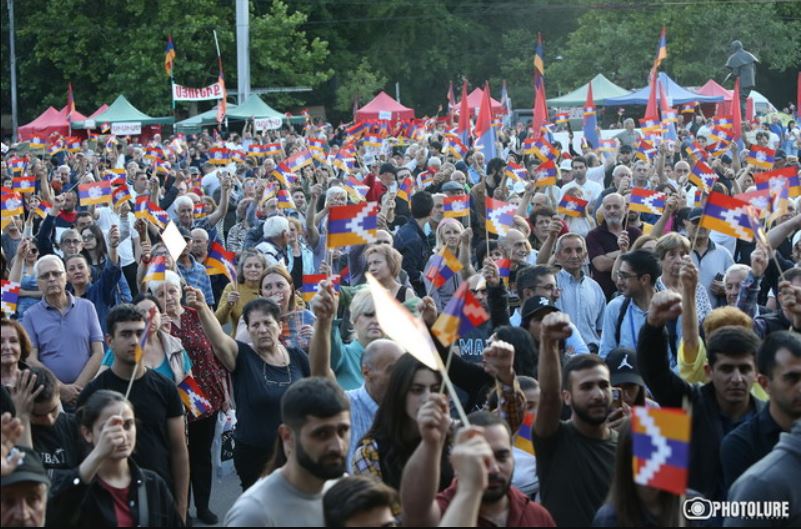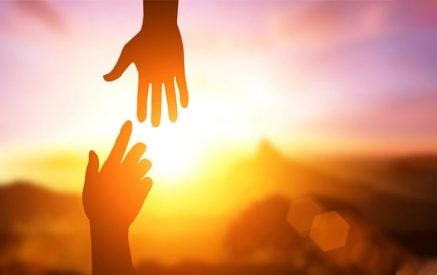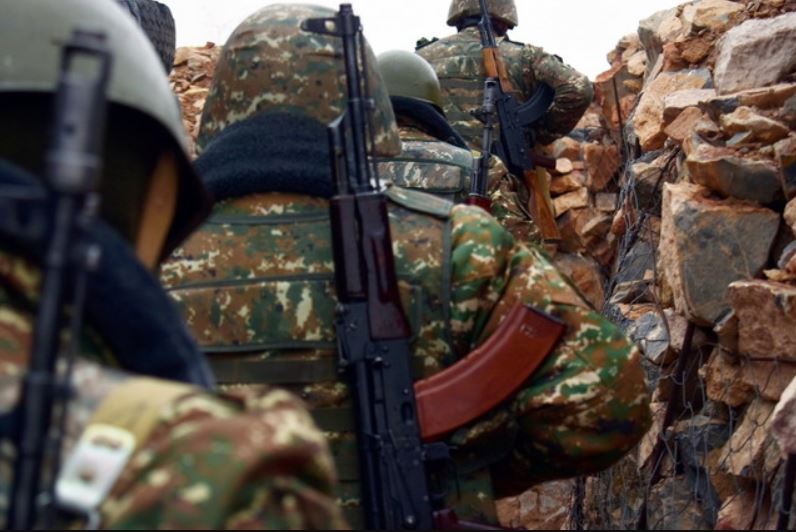The famous Austrian psychologist Viktor Frankl, who is known to have spent several years in a Nazi concentration camp, said that in those horrible conditions, the first to break were those who thought that this fateful situation was very temporary, and tomorrow or the next day, everything would end and life would return to normal. The prisoners who were convinced that the horror was eternal and would never end lasted a little longer than them. And finally, those who did not think about deadlines and tried to do something every day and every moment, especially if that occupation could benefit other people, were able to survive.
In Armenia, those who ask, “When will this country get better?” are in a feverish anticipation of an “end.” They often think of this “end” as a solution to their personal problems, a change of residence, or emigration. Meanwhile, those who are convinced that everything is hopeless, most likely, have already left the country.
The mass of these hopeless skeptics, in turn, is divided into two types: the first are those who felt sorry for the homeland, but took “painkillers” in the form of dollars or perhaps food stamps. These people are usually not interested in Armenian issues and do not express themselves on those topics. The rest of the skeptics continue to experience pain, but express that pain in a unique way: “You, the rest of you in Armenia, are stupid, ignorant, slaves, and so on.”
On the one hand, of course, it is insulting, on the other hand, we should try to understand those people. They feel bad in their hearts that they have left the homeland, and with such slanders they try to justify themselves before them, accusing and mocking us that “because of our short-sightedness” we continue to live in Armenia. These pessimistic moods can be said to be contagious. The defeat in the war and the, so to speak, misunderstanding of that defeat by the political elite contribute to it.
Read also
At the superficial level, in our public discourse, “pro-Nikols” and “anti-Nikols” argue. But I think that this “fighting mass” makes up barely 20-30% of the Armenian people. The rest either remain silent or ask impatiently when all this will end, or say that everything is already lost.
But I suppose those who are silent are in the majority. We are talking about all Armenians, not only those in Armenia. I hope these people will still have their say.
Aram Abrahamyan























































